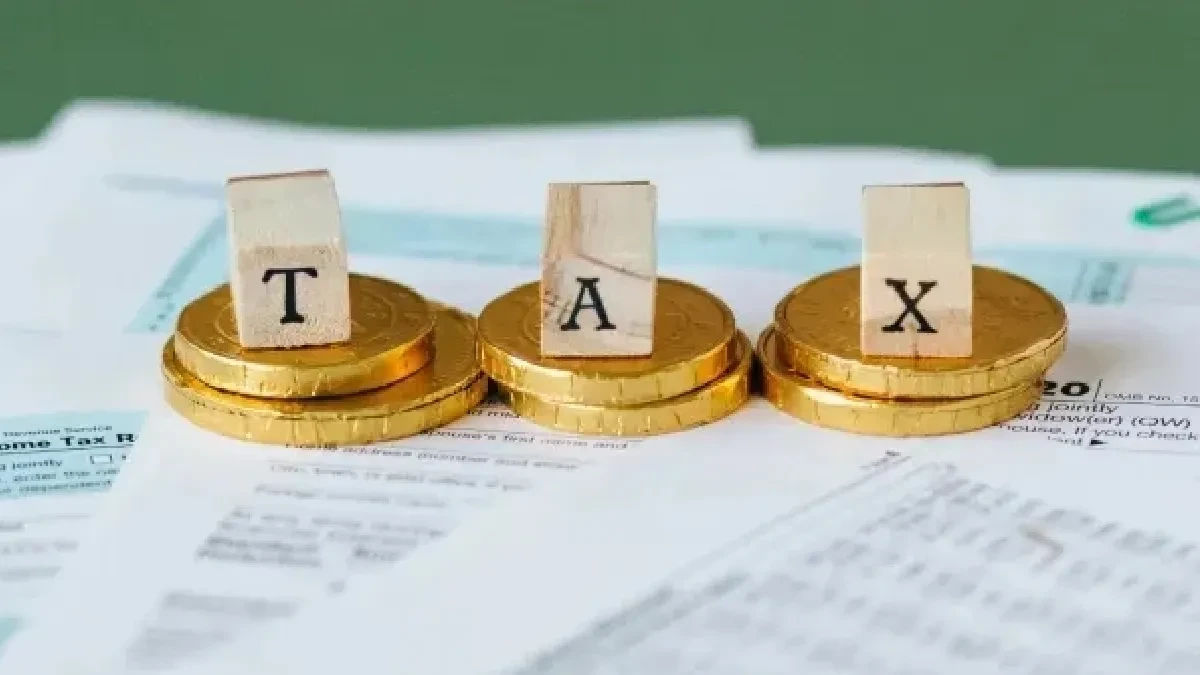Despite the Income Tax Department’s major strides in processing speed-reducing the average refund timeline to just 17 days-many taxpayers are still experiencing delays in receiving their refunds for the Assessment Year 2025-26.
The 2025 tax season has been marked by efficiency, with the department handling ITRs faster than ever before. In comparison to 2013, when the average processing time was 93 days, it now takes just 17 days on average. Backed by automation and digital tools, over 1.16 crore ITRs have already been filed, with 1.09 crore of them verified. Yet, despite these advancements, numerous taxpayers report waiting over three to four weeks after verification without receiving their refunds.
Why Are Refunds Still Delayed?
According to tax professionals, the delays stem from the department’s tighter scrutiny procedures this year. In an effort to detect fraudulent or incorrect refund claims, the Income Tax Department is not only reviewing current-year filings but also revisiting older returns. Returns that are flagged for inconsistencies or that require additional documentation are undergoing extended processing periods.
How to Check Refund Status or Register Complaints
If your return has been filed and e-verified but your refund hasn’t arrived, you can check the status easily on the income tax portal. Log in and go to the “View Filed Returns” or “Refund/Demand Status” section. Also, ensure that your bank account is pre-validated to avoid any payment issues.
In cases where there’s no clear reason for delay, taxpayers can use the “e-Nivaran” platform to lodge a grievance online. If needed, complaints can also be escalated to the Centralised Processing Centre (CPC) or the local Assessing Officer.
Interest on Delayed Refunds
For those facing unusually long delays, there is some relief. Under Section 244A of the Income Tax Act, if the department fails to issue a refund within the stipulated time, taxpayers are entitled to interest on the delayed amount.
Tax refund disbursements have grown significantly over the years-from ₹83,000 crore in 2013-14 to ₹4.76 lakh crore in 2024-25, marking a 474% increase. Though delays can be frustrating, taxpayers are encouraged to stay patient, monitor their refund status, ensure their documentation is complete, and use grievance redressal channels to help expedite the process.
